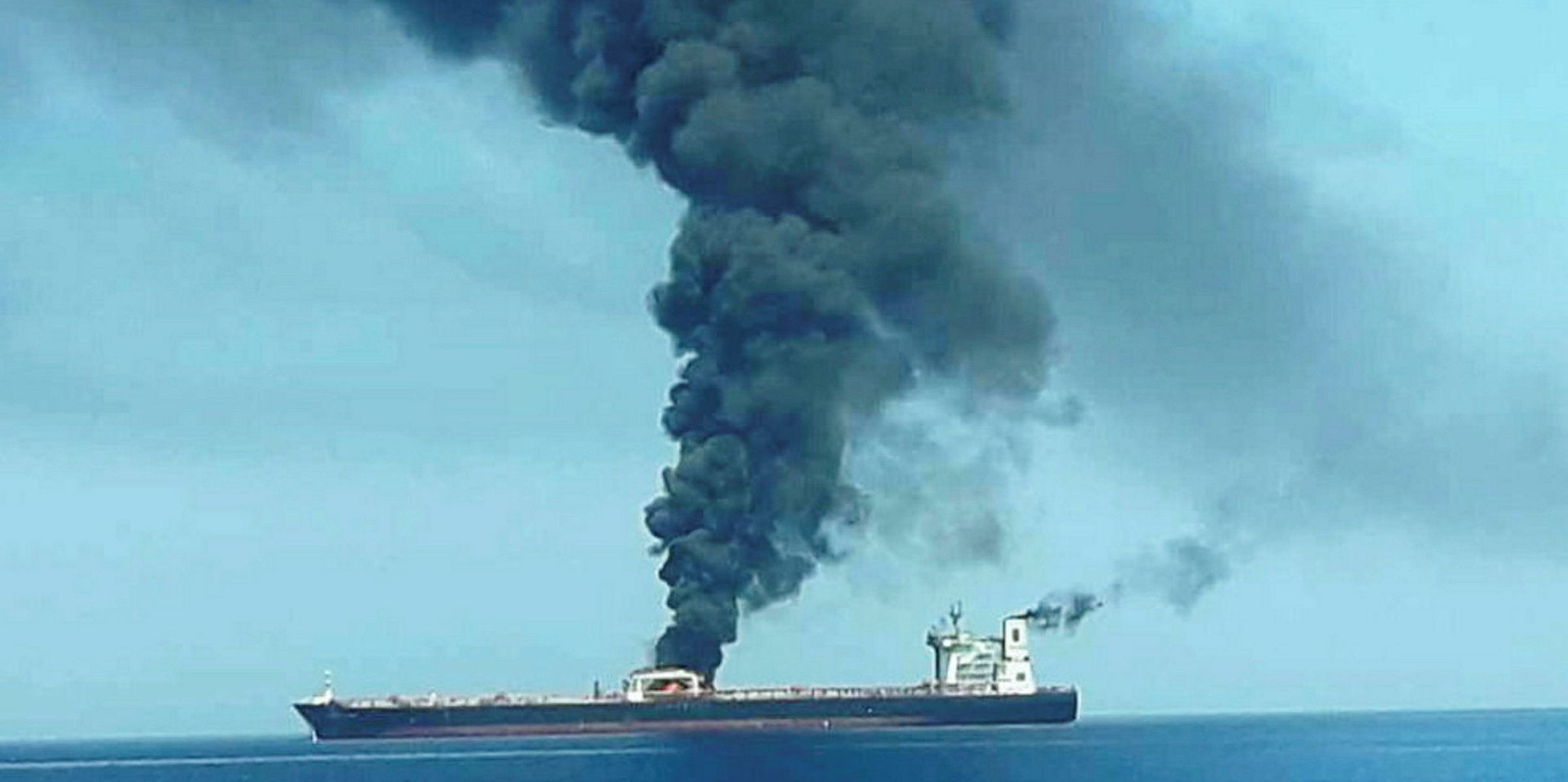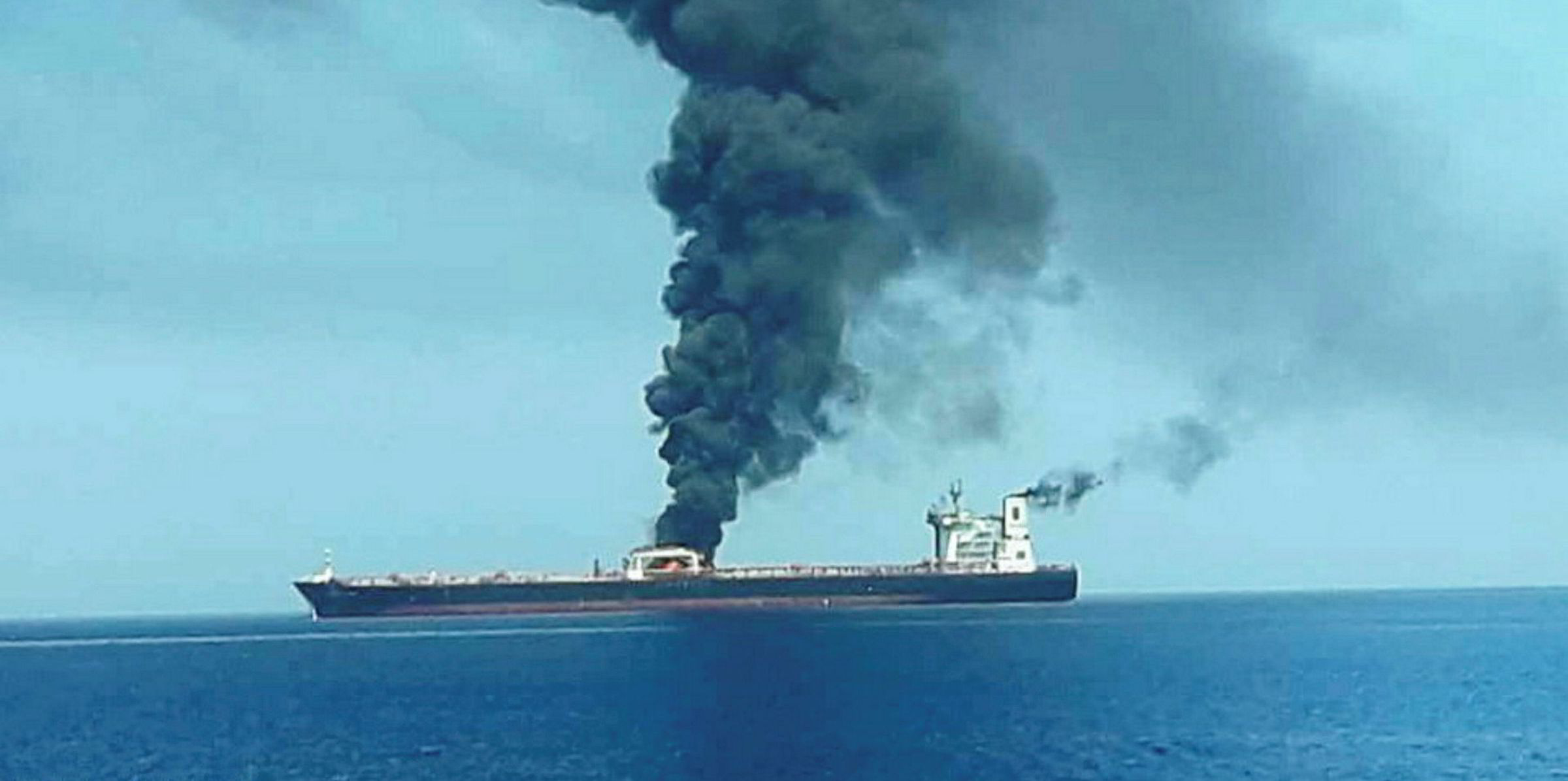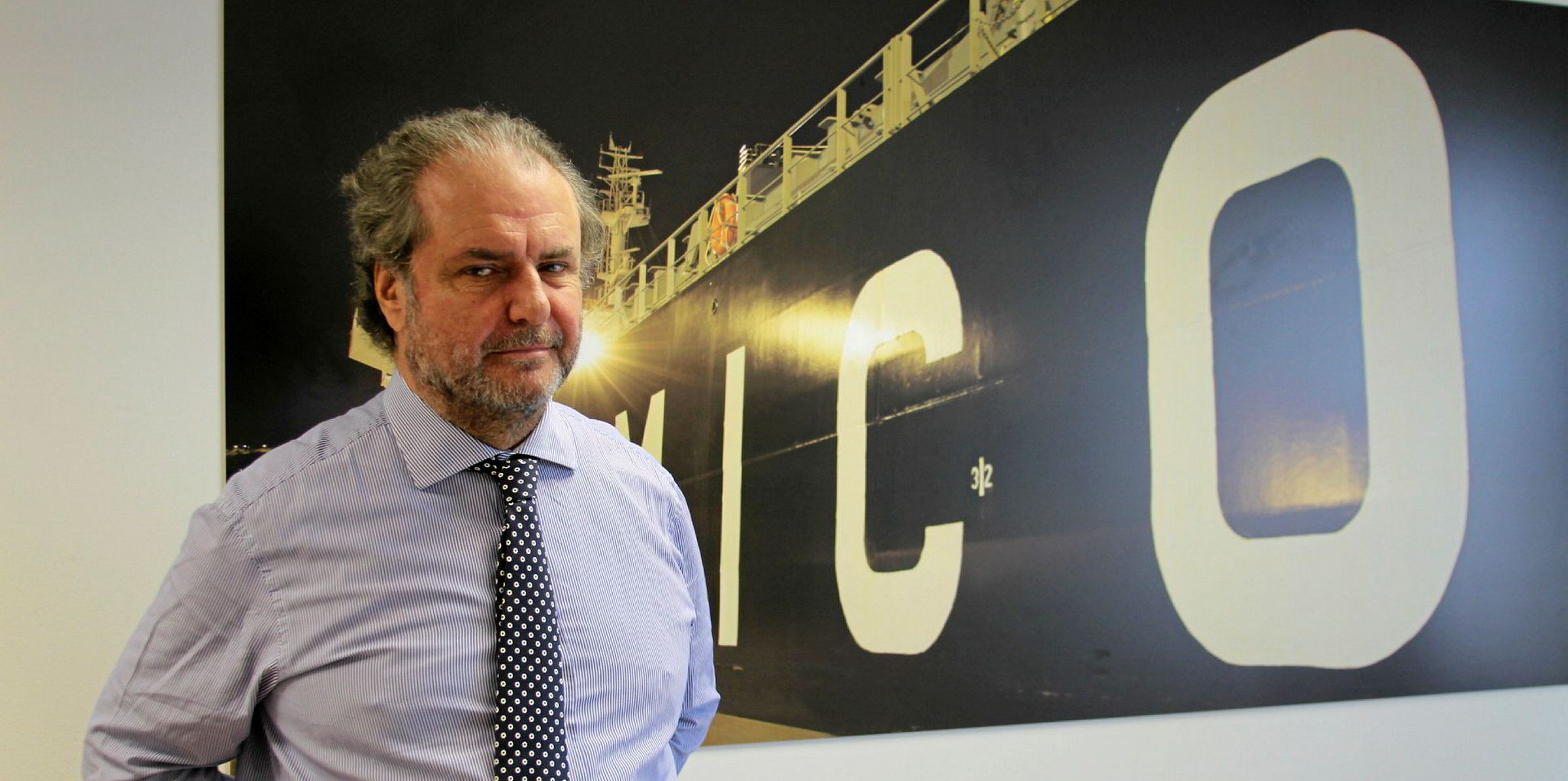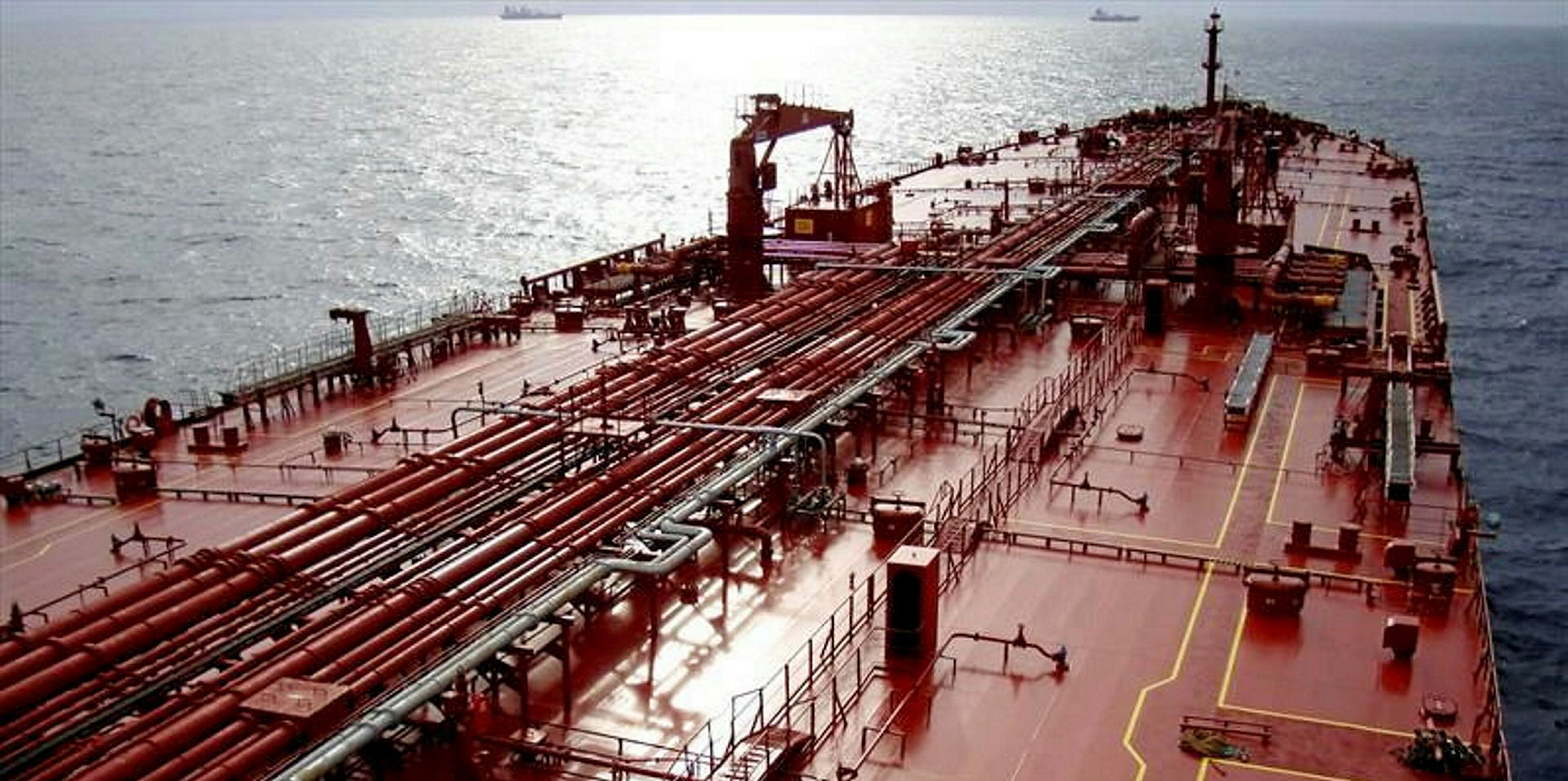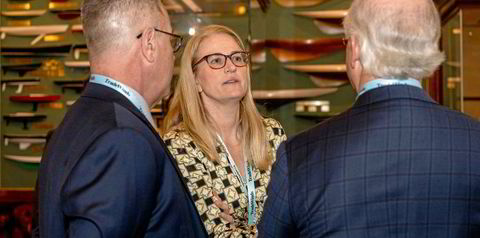The last month has seen more ships attacked than in all of 1981 — when the Iran-Iraq War first spilled over into the nearby Middle East Gulf, kicking off the so-called "Tanker Wars" that raged alongside the conflict for most of the decade.
But shipping is not having flashbacks to the 1980s just yet.
Fredriksen's fortune
“I am much more comfortable with the situation and the focus on one of my tankers being attacked in the Middle East Gulf now than in the previous war of the 1980s,” Frontline chairman John Fredriksen told TradeWinds in his first public comments on the attack.
It was Frontline's 110,000-dwt Front Altair (built 2016) that suffered the worst damage in last week's attacks, with three explosions causing a fire onboard.
The 27,000-dwt Kokuka Courageous (built 2010) suffered hull damage above the water line, reportedly from mines fixed to the side of the ship.
The US has blamed Iran, while the Islamic republic has denied responsibility.
The two attacks were the fifth and sixth in the Strait of Hormuz since mid-May. In 1981, Iraq attacked just five ships calling at Iranian ports.
That number swelled to 22 in 1982 and eventually totalled 283 by the time the war ended in 1988. Iran would start launching its own attacks in 1984.
In total, 451 merchant ships were hit with rockets, mines or gunfire between 1981 and 1987.
Fredriksen's willingness to send ships to transport Iranian crude in the face of that strife helped him earn his multibillion-dollar fortune.
But in the 1980s, a VLCC around 10 years old could be purchased for between $4.5m and $17m, versus $47.5m now, while earning just a few thousand per day on a charter, according to Clarksons.
if such attacks continue even sporadically, it will certainly inflate the risk premium for tankers passing through the region
Rajesh Verma
Martin Stopford, Clarksons Research non-executive president, said owners would send their ships into the region without war and risk insurance and a secondhand ship could be bought for a few million.
Asset appreciation
“Today, the ship is much more valuable," he said. "It’s much more expensive to insure and you take a much bigger loss if you lose the ship.”
Shipowners made money on asset appreciation rather than actually moving the crude.
“This was the great asset play market of all time,” Stopford said.
Drewry tanker analyst Rajesh Verma said he does not expect the sort of escalation seen nearly 40 years ago because there is no traditional shooting war in the region.
The Iran-Iraq War saw millions of combatants and civilians killed or injured and chemical weapons used by Iraq, but security sources have had a hard time pinning the recent attacks on Iran or coming up with a motive.
Inflating premium
“In my view, despite the ongoing sanctions, Iran would avoid direct confrontation with the US and its allies, especially knowing the US aerial and maritime strength in the area,” he said.
“Nonetheless, if such attacks continue even sporadically, it will certainly inflate the risk premium for tankers passing through the region.”
Thad Allen, a former US Coast Guard Commandant and current HudsonAnalytix advisor, said there was not a clear-cut link between the attacks and Iran.
He said the response should be “measured” and backed by a broad multilateral effort.
Further escalation in the region does not seem likely.
“We don’t have the same conflict going on,” he said.
